As a first-time mom, I braced myself for the worst but when my water broke that morning, I was super calm. At the hospital, I had some IV pain medications, but labor went really smoothly and quick. A little after my baby was born I decided to try and feed him, not really knowing what I was doing or supposed to do. The LC came and tried to help him to latch. He didn’t really want to latch, so she had me hand express some colostrum and spoon feed it to him. She warned me not to use a pump (Why I don’t know) and that the small drops I was expressing were enough for him. So, he had drops of colostrum all day.
The second night he was crying all night long. I kept telling the nurses that I didn’t think he was getting anything from me, because he wanted to nurse non-stop and would cry as soon as he was off my breast. But, I was told his crying was normal. Looking at my feeding log I got maybe 2 hours of sleep. I was exhausted and very concerned.
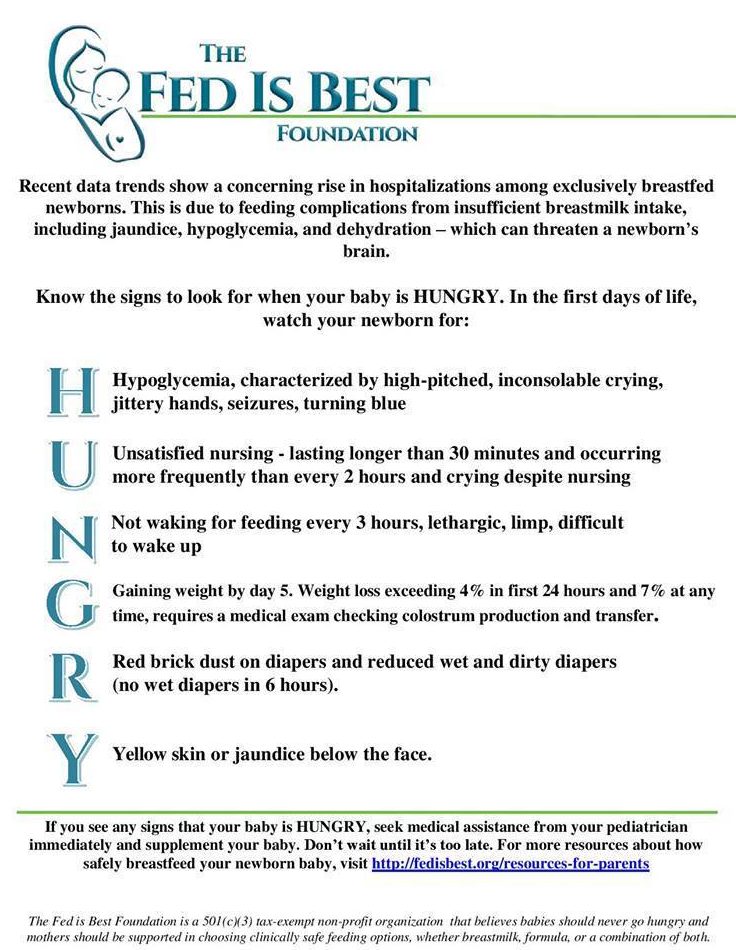
We were discharged after 48 hrs and they watched him latch and nurse before leaving. We were told he needed to come back the next morning because he was jaundiced and needed blood work done. We went back and learned his jaundice level was high and he needed to be admitted for photo-therapy. His blood work also showed his blood sugar was dangerously low and his other blood work that was not normal too. He lost an entire pound because I was not making any colostrum and he was starving! They started an IV as fast as they could to stabilize him. He kept crying so a nurse helped me feed him formula using an SNS system so help soothe him.
He had to be life-flighted to a bigger town, with a higher skilled NICU to take care of him because he was so sick. I was already a mess with everything going on, but having my baby fly to a better NICU was terrifying.
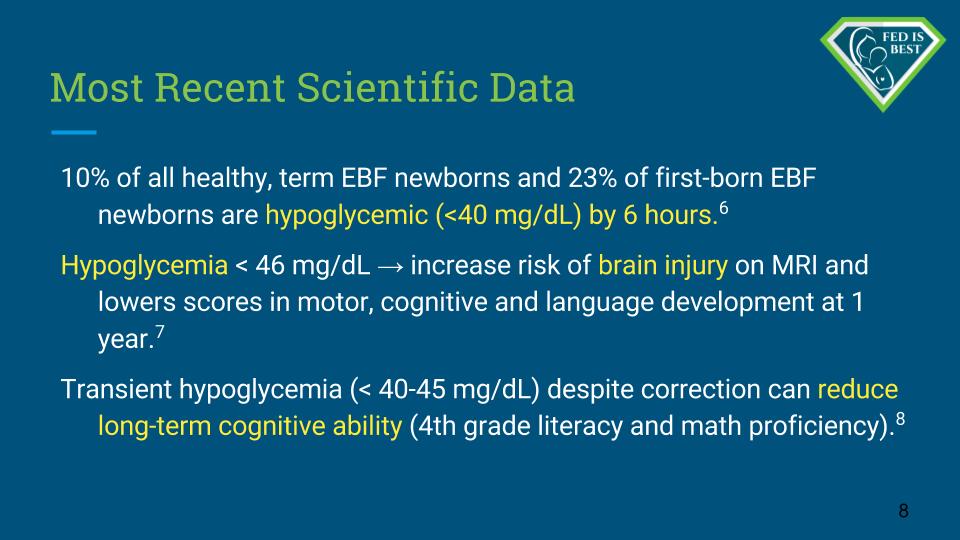
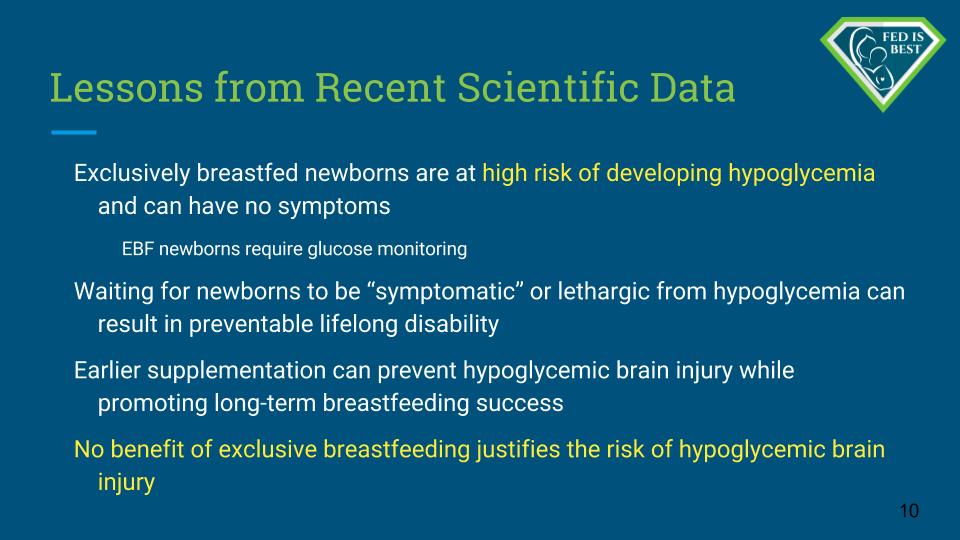
Once there, he had a feeding tube placed. His jaundice went away very quickly from the IV fluids and feedings. We tried breastfeeding a few times, but it just stressed me and him out too much. I pumped but grew increasingly frustrated and sad as each time the amount I got grew less and less. My baby stayed in the NICU for over a week and during that time we found out his newborn screening came back positive for MCADD (MCAD), A metabolic disorder. With MCADD, my baby cannot go too long without food because once he runs out of glucose, he can’t break down fats for energy. This can lead to death quite quickly. I am haunted by his cries now after birth, knowing he was telling me he was so hungry and needed food, despite the nurses, lactation consultants telling me his cries were normal. If we had waited a few more hours to get back to the hospital for his blood work, he probably not be here with us today.
About one in every 15,000 babies in the United States is born with MCADD. MCADD happens more often in white people from Northern Europe and the United States. About 1 in every 70 Caucasians is a carrier for MCADD. One baby in every 10,000 born in England is diagnosed with MCADD by newborn screening; around 60 babies each year.
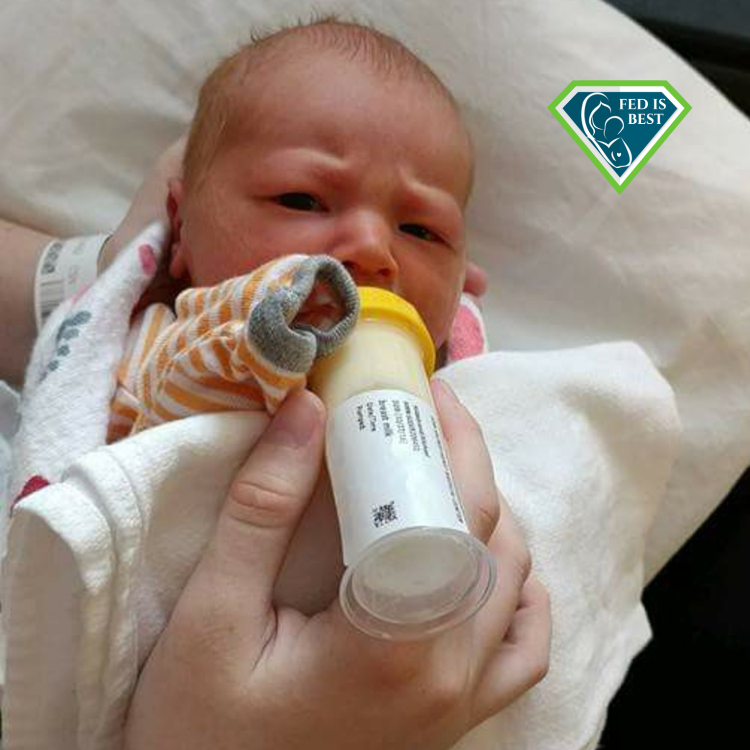
We were discharged and he required to be on a schedule of eating every 3-4 hrs. Once he was a year old, the longest time he can fast for is 12 hours, and that will continue for his whole life. If he’s sick, throwing up or not eating, he has to go to the ER to get an IV to keep his sugar levels stable. He is now 10 months and super smart and adorable and loves eating. I am pregnant again with his brother (who has a 25% chance of having MCADD as well). It just makes me so scared to think about other babies that could have metabolic disorders who are born in BFHI hospitals. It puts them at much higher risk if they don’t receive enough colostrum during the early days of life, because of their restrictive no supplementing policy. After all, my baby screamed for days and I was told making drops of colostrum was ALL he needed. Who would’ve thought my husband and I would be carriers of this rare disorder and that our child would have it.
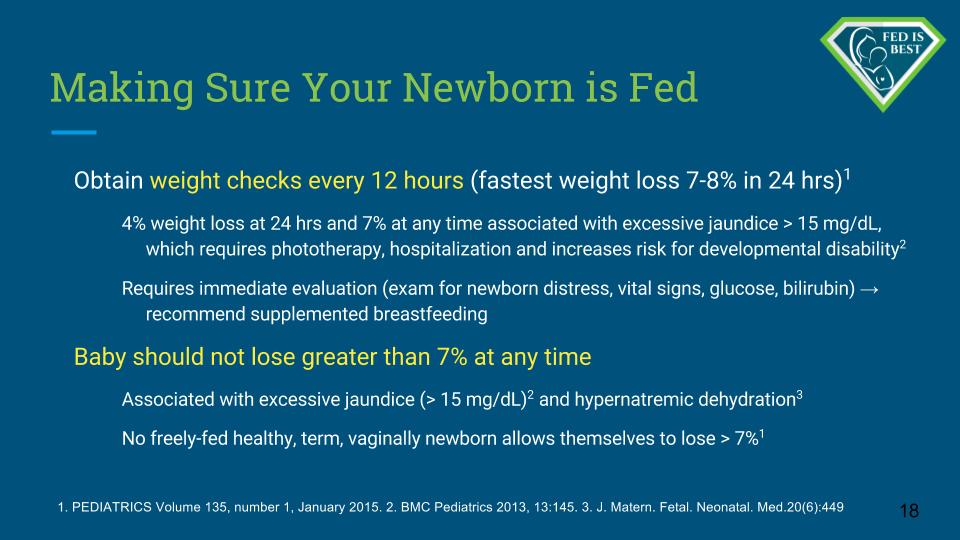
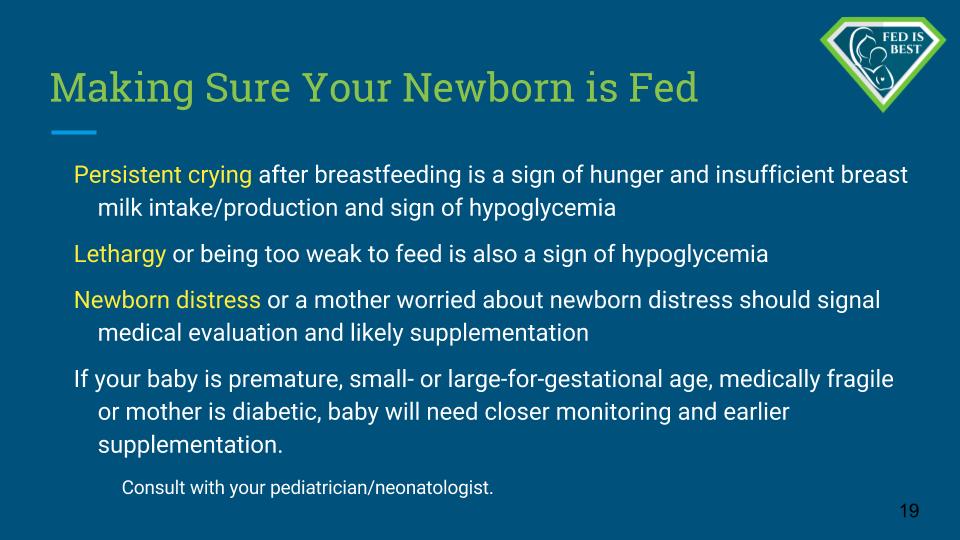
I do want to try breastfeeding again with his brother. Of course, I will be supplementing in the beginning and as needed. But I’ll ask many questions to help my journey when the due date gets closer. I’m looking forward to all the help and good educational information I’ll have this time from The Fed Is Best Foundation. The question I will always have is why are exclusive breastfeeding risks not taught to mothers?
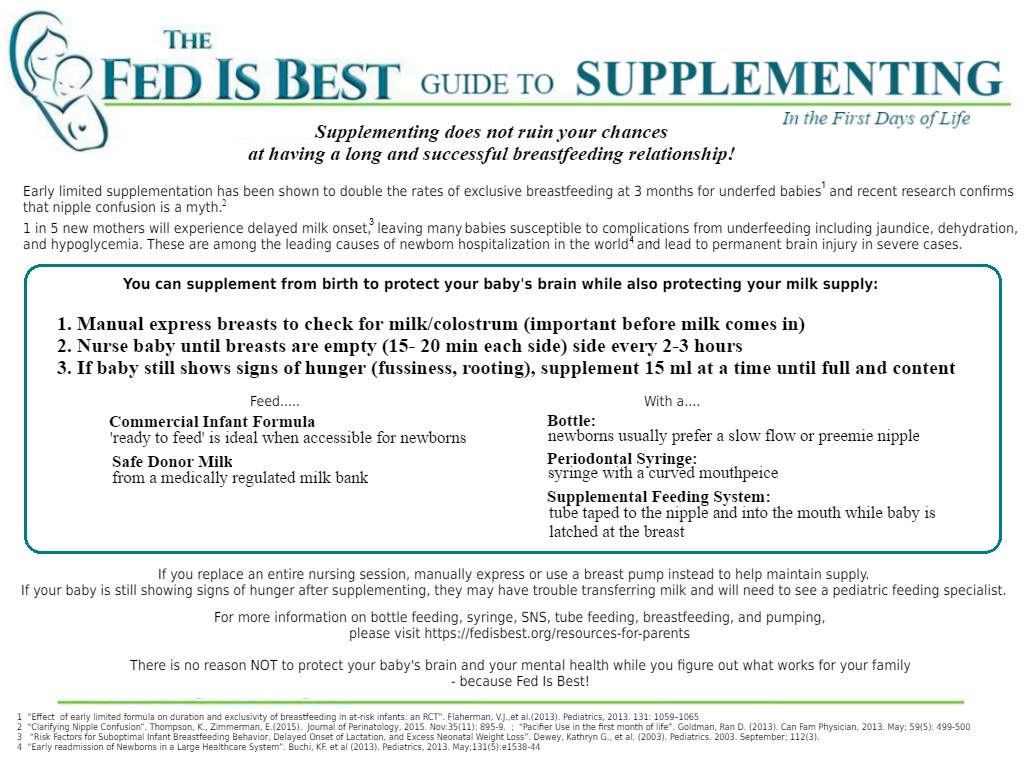
Dear little man,
I am so sorry your first days were no fun. I wish I could think back on those days with fondness and happiness, and parts of it bring me those feelings, but I get sad and angry and feel incredibly guilty too. Now here we are on your first birthday and I know not one person could ever make me feel bad or wrong or less of a mother for giving you formula, because you have thrived and grown and it was the absolute best choice for us. Look at you now, my little man. Love, Mommy~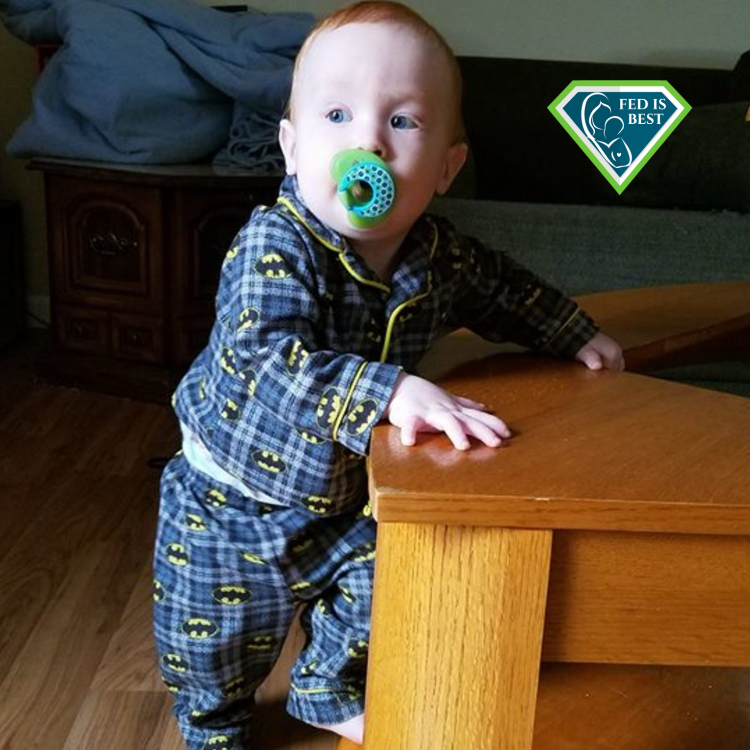
HOW YOU CAN SUPPORT FED IS BEST
There are many ways you can support the mission of the Fed is Best Foundation. Please consider contributing in the following ways:
- Join the Fed is Best Volunteer group to help us reach Obstetric Health Providers to advocate for counseling of new mothers on the importance of safe infant feeding.
- Make a donation to the Fed is Best Foundation. We are using funds from donations to cover the cost of our website, our social media ads, our printing and mailing costs to reach health providers and hospitals. We do not accept donations from breast- or formula-feeding companies and 100% of your donations go toward these operational costs. All the work of the Foundation is achieved via the pro bono and volunteer work of its supporters.
- Share the stories and the message of the Fed is Best Foundation through word-of-mouth, by posting on your social media page and by sending our resources to expectant moms that you know. Share the Fed is Best campaign letter with everyone you know.
- Write a letter to your health providers and hospitals about the Fed is Best Foundation. Write them about feeding complications your child may have experienced.
- Print out our letter to obstetric providers and mail them to your local obstetricians, midwives, family practitioners who provide obstetric care and hospitals.
- Write your local elected officials about what is happening to newborn babies in hospitals and ask for legal protection of newborn babies from underfeeding and of mother’s rights to honest informed consent on the risks of insufficient feeding of breastfed babies.
- Send us your stories. Share with us your successes, your struggles and everything in between. Every story saves another child from experiencing the same and teaches another mom how to safely feed her baby. Every voice contributes to change.
- Send us messages of support. We work every single day to make infant feeding safe and supportive of every mother and child. Your messages of support keep us all going. Thank you for your advocacy!
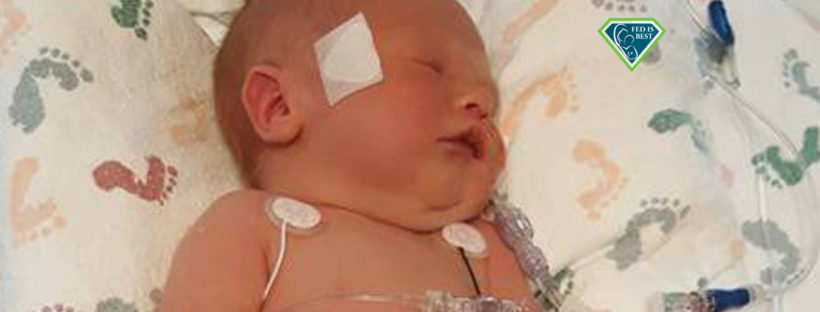
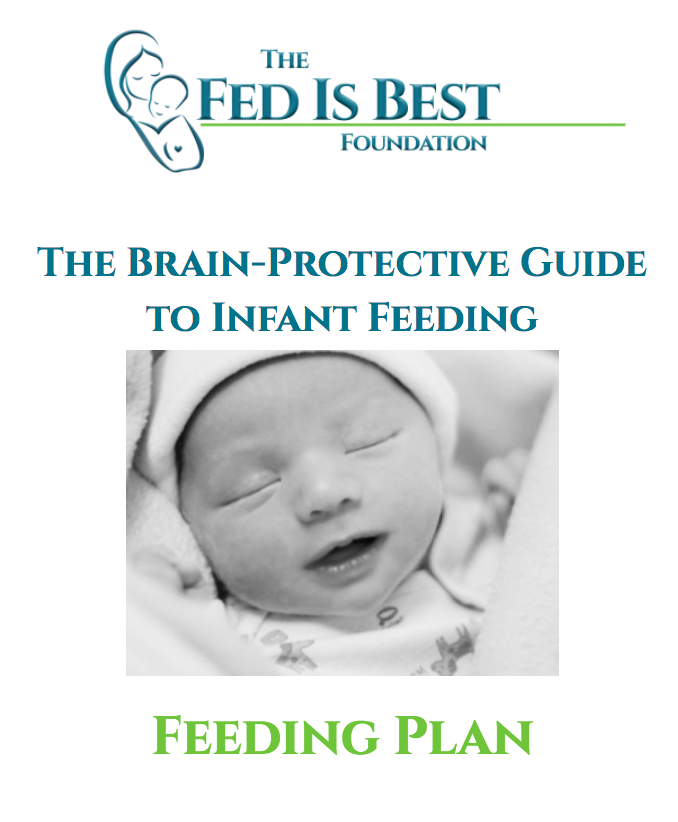
4 thoughts on “My Baby Suffered And Almost Died–Why Are The Risks Of Exclusive Breastfeeding Not Taught To Mothers?”